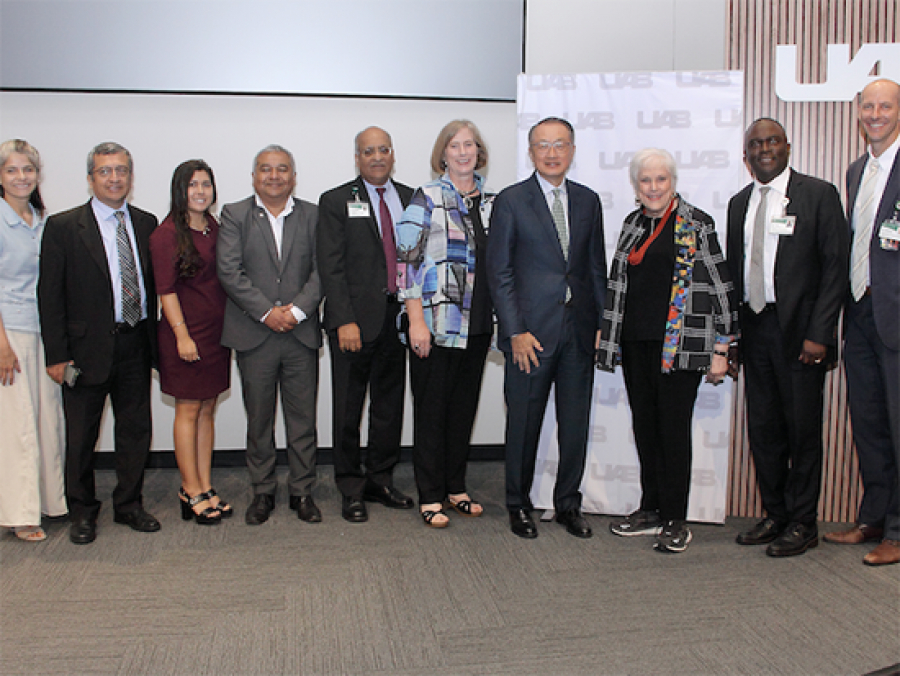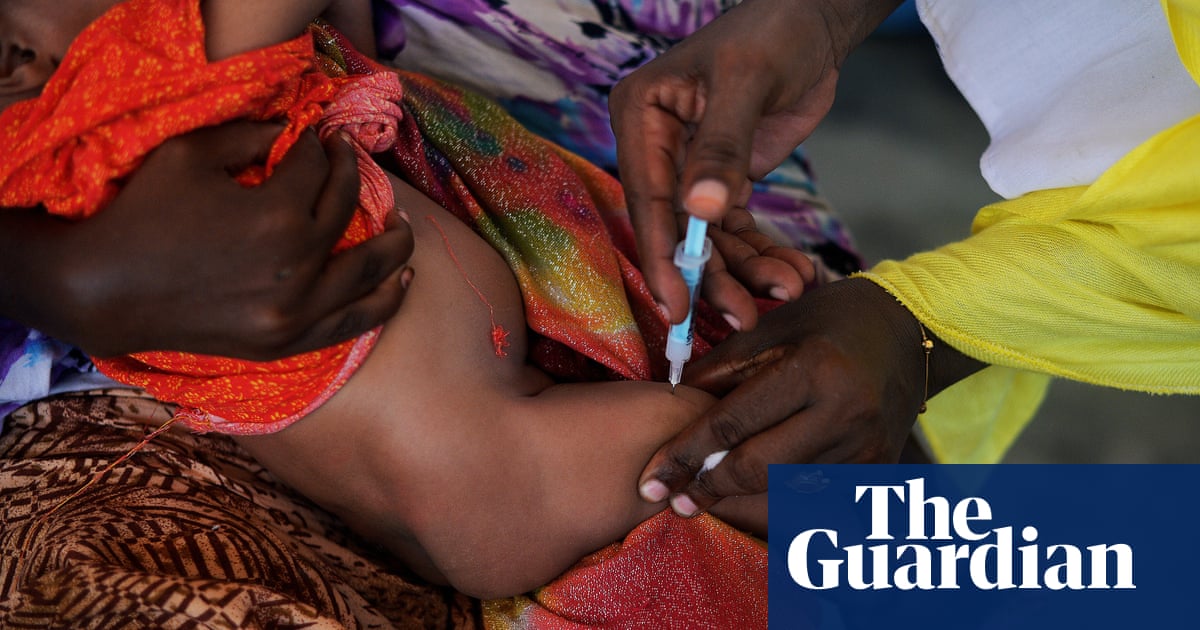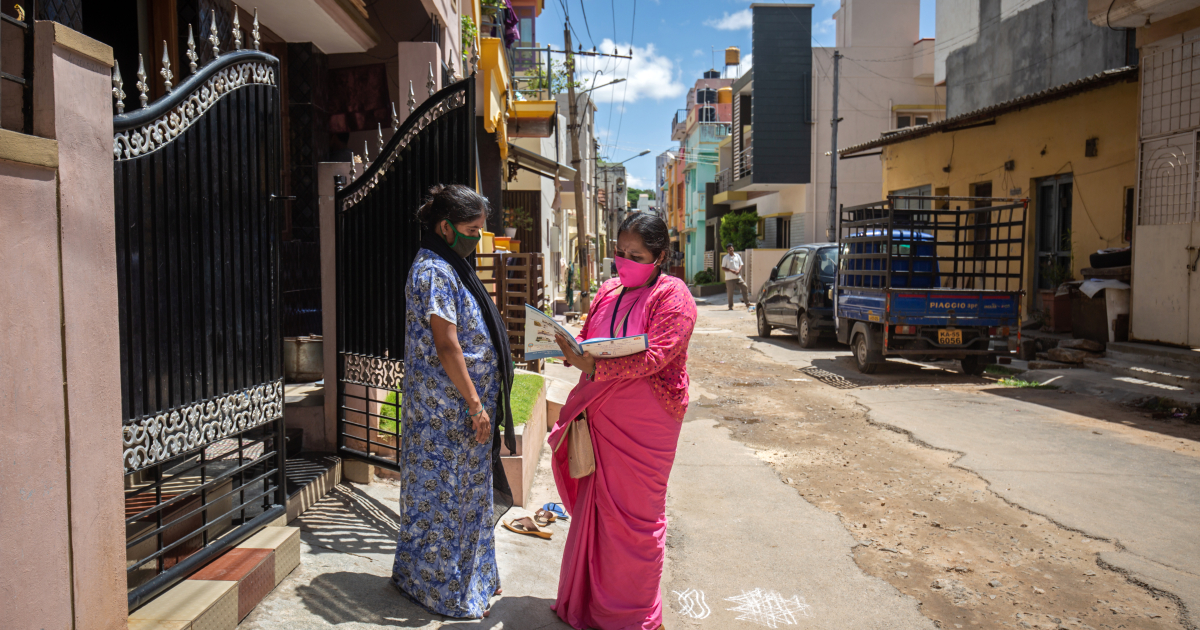
The Yale Institute for Global Health has selected Nadir Ijaz, MD, MHS; Bernardo Lombo, MD; and Brian Weiss, PhD to receive the Spring 2024 Global Health Spark Award.
Each recipient will receive an award of up to $10,000. The Global Health Spark Award aims to provide initial funding to support global health research initiatives and partnerships among YIGH-affiliated faculty. Candidates were selected based on five criteria: innovation, feasibility, sustainability, anticipated outcomes, and alignment with YIGH’s mission to improve the health of individuals and populations worldwide. Below is a summary of the projects:
Nadir Ijaz, MD, MHS, Instructor, Pediatrics, Yale University School of Medicine; Attending Physician, Pediatric Critical Care Medicine, Yale-New Haven Children’s Hospital
Project Summary: In 2021, lower respiratory tract infections such as pneumonia caused over 537,000 child deaths globally, with Pakistan having the third highest number of deaths. Reliable, cost-effective oxygen delivery systems are vital in reducing mortality from childhood pneumonia. In this project, Dr. Ijaz will collaborate with Dr. Qalab Abbas at Aga Khan University to develop a database tracking the demographics, epidemiology, clinical management, and outcomes of children with severe pneumonia at hospitals in Pakistan. This project will position this partnership to develop evidence-based strategies for the local implementation of cost-effective oxygen delivery devices such as bubble continuous positive airway pressure (bCPAP) for children with severe pneumonia in Pakistan.
This Spark Award will allow us to grow the collaboration between Yale and Aga Khan University to tackle the ongoing challenge of implementing sustainable oxygen delivery systems for the treatment of childhood pneumonia in resource-diverse settings.
Nadir Ijaz, MD, MHS
Bernardo Lombo, MD, Assistant Professor of Medicine (Cardiovascular Medicine); Associate Director Echocardiography, Cardiovascular Medicine
Project Summary: Chagas disease is a vector-borne parasitic infection that primarily impacts the cardiovascular system with chronic and potentially fatal effects if untreated.
Approximately 6-7 million people worldwide are estimated to be infected, mostly within Latin America. Although Chagas disease was discovered over a century ago, treatment has remained limited and largely unchanged since the 1970s. The project focuses on an alternative approach to the traditional ‘vector-directed’ paradigm of therapeutic development by first understanding and then leveraging the genetic factors that either protect or predispose patients to the development of chronic Chagas cardiomyopathy. Patient susceptibility to Chagas cardiomyopathy development will be evaluated by correlating structural and functional results from each patient’s electrocardiogram and echocardiogram with specific immune- and inflammation-associated single nucleotide polymorphisms (SNPs). Individual data will then be pooled to identify any shared protective or deleterious genetic polymorphisms in a representative population.
Due to increased population mobility over recent decades, coupled with an expansion of the insect vector’s habitat as a consequence of climate change, Chagas disease is an important public health concern. There is an urgent need to understand why certain patients develop chronic Chagas cardiomyopathy and, once these protective or deleterious genetic associations are identified, leverage this knowledge to improve clinical management strategies and create novel therapeutic interventions.
Bernardo Lombo, MD
Brian Weiss, PhD, Senior Research Scientist in Epidemiology and Lecturer (Microbial Diseases)
Project Summary: Tsetse flies vector pathogenic African trypanosomes that cause socioeconomically and epidemiologically devastating human and animal African trypanosomiases across much of sub-Saharan Africa. While only a small percentage of flies (~10%) are infected with trypanosomes, they all house a population-dependent assortment maternally transmitted endosymbiotic bacteria that mediate numerous aspects of their host’s physiology, including susceptibility to trypanosome infection. Acquiring a more complete understanding of the mechanisms that underlie this relationship can lead to the development of novel control strategies aimed at reducing these conspicuously neglected tsetse-borne diseases.
Acquiring a more complete understanding of the tripartite relationship between tsetse flies, their endosymbiotic microbes, and pathogenic African trypanosomes can lead to the development of novel control strategies aimed at reducing the heavy disease burden that afflicts vulnerable and marginalized populations in sub-Saharan Africa.
Brian Weiss, PhD
link







